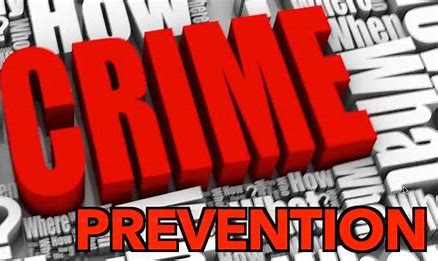In Violent Crimes after Homicide there is Assault and Battery .
The legal terms “assault” and “battery” designate two related acts of violence:
Assault:
This is the act of putting someone in dread of impending bodily harm or the threat of violence. An assault can take place without any physical contact.

Battery:
This is the threat being really carried out, which entails having inappropriate physical contact with someone else.
Examining Assault and Battery in Further Detail:
Assault:
Imagine someone shoving a fist at you, approaching you threateningly with a weapon, or shouting profanities. Even if there isn’t any actual contact in these situations, you could have a legitimate fear of impending physical danger. This is regarded as an assault. Here, the victim’s perception and the threat are crucial.
These are a few instances of assault:
- Verbal threats: include yelling at someone, using profanity, or displaying violent hand gestures.
- Brandishing a weapon : Waving a knife, gun, or other thing menacingly is known as brandishing a weapon.
- Menacing behavior : pursuing someone vigorously, encircling them, or following them closely.
Battery:
Now, battery occurs when there is unlawful physical contact and the threat of an assault actually comes true. This contact must be unwelcome and offensive; it can range from a small touch to a major injury.
Here are a few battery examples:
- Pushing, grasping, or shoving someone.
- Striking, kicking, or striking an individual.
- Hurling one’s spit upon another.
- Hurling things towards a person.
Key Points:
Intent:
The intention to cause damage or fear of danger is a prerequisite for both battery and assault. It wouldn’t normally be taken into consideration if you happened to bump into someone.
Self-defense:
It’s generally not considered assault or battery when you use appropriate force to protect yourself or others.
Consent: In some contexts, including sports or medical treatments, physical contact can be consented to.

Changes in the Law:
The legal definitions and exact charges for assault and battery can differ depending on the jurisdiction, as was previously established. While some states have separate charges for each, others have combined them into a single offense that varies in severity.
Seeking Help:
It is imperative that you seek assistance from law enforcement or a legal practitioner if you are the victim of or witness to an attack or battery. They can guarantee your safety and provide direction and support. Recall that you are entitled to a sense of security and protection against harm.




